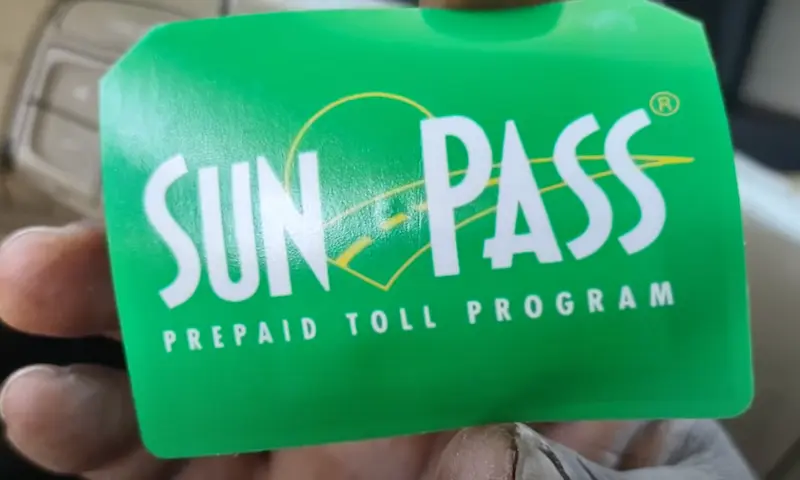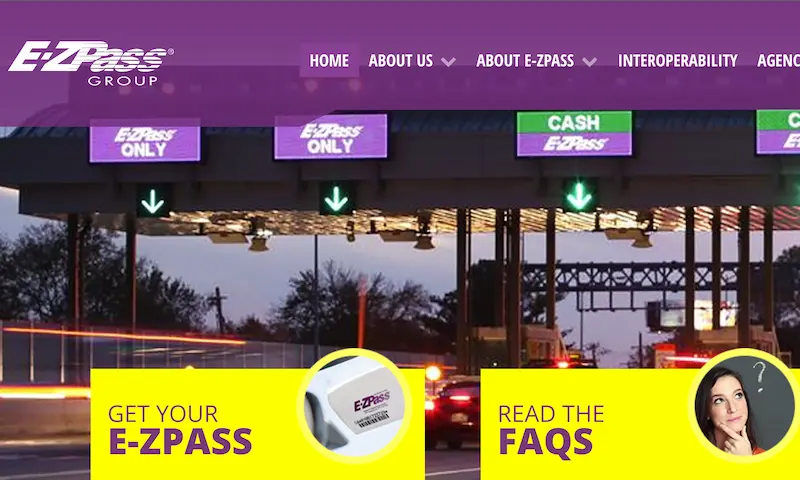You might have heard about drivers experiencing double charges with SunPass and E-Pass. This frustration stems from billing discrepancies between the two toll systems. If you’re a commuter in Florida, understanding how these electronic toll collection systems work can save you from facing unexpected charges on your account.
Common Issues with Toll Payments
Navigating toll payments can sometimes lead to issues that affect your wallet. Understanding common problems like double billing, how to spot them, and their impact is crucial for any toll road user.
Double Billing Overview
Double billing occurs when you’re charged twice for a single transaction. This could be due to system errors or transponder malfunctions. For instance, drivers using E-Pass or SunPass have faced instances of being billed more than once for the same journey.
Identifying Double Charges
To spot double charges, regularly review your toll transactions. Compare your account statements with toll passage dates and amounts. If you notice two charges for one trip, it could signify a billing issue.
Impact on Motorists
When you’re double billed, it unfairly takes extra money from your budget. It can also mean spending time contacting customer service to resolve these issues. Moreover, it can lead to mistrust in the toll system’s reliability.
Steps to Resolve Double Charges
Experiencing double charges on your SunPass or E-Pass can be frustrating. Below are the specific steps you can take to resolve these issues swiftly and ensure you’re only paying for what you’ve used.
Reviewing Account Statements
Begin by thoroughly reviewing your account statements. Look for transactions that seem to be duplicated. You’ll want to check both your SunPass and E-Pass statements, as either could be the source of the error. It’s essential to identify the dates and toll booth locations for any charges you believe to be double billed.
Disputing with Toll Authority
If you spot a discrepancy, initiate a dispute with the tolling authority. Have your license plate number handy, as this is often required information. You can initiate a dispute via the toll authority’s website or by sending a detailed letter. Be clear and concise, including specific details about each disputed charge.
When to Contact Customer Service
If reviewing your transactions and disputing charges online isn’t resolving the issue, it’s time to contact customer service. Call the SunPass customer service center or the relevant tolling agency directly. Have your account information and disputed charges ready to discuss. They can help clarify the charges and assist with the resolution. Remember, customer service phone numbers are typically found on the tolling agency’s website or on your billing statement.
Interoperability of Toll Systems
Traveling across different states can get complicated with various toll systems, but interoperability aims to simplify that for you. With tolls being a crucial part of road infrastructure funding, understanding how different toll systems work together can save you time and potentially money.
What Does Interoperability Mean?
Interoperability refers to the compatibility between different toll collection systems that allows you to use one transponder across various toll roads and bridges. In practical terms, this means that with a compatible device like the SunPass PRO or the E-PASS Xtra, you can travel through toll points without the need for multiple accounts or stopping to pay cash.
Benefits of Interoperability
There are several key benefits of interoperability:
- Convenience: No need to purchase multiple transponders for different regions.
- Time-Saving: Reduces the delays at toll points since your pass works seamlessly across states.
- Cost-Efficient: In some cases, it helps in avoiding penalties associated with missed tolls due to incompatible systems.
Interstate Toll Pass Compatibility
Interoperability extends across 19 states, allowing you to travel on most toll roads within them. For example, the E-ZPass is now accepted in places like North Carolina and Georgia, covering your travels through the Northeast down to Maine. Meanwhile, in Central Florida, you can use the SunPass PRO to navigate the Central Florida Expressway and beyond. Here’s a quick look at interoperable systems and where they’re accepted:
- SunPass PRO: Accepted in Florida and all E-ZPass states.
- E-PASS Xtra: Works in 19 states, including North Carolina and Georgia.
- E-ZPass: The largest network, accepted in 19 states from Florida to Maine.
Interoperability between these toll systems simplifies cross-state travel for you, so next time you plan a trip, check if your toll transponder is ready to go the distance.
Toll Pass Options in Florida
In Florida, you’ve got a couple of main options for paying tolls efficiently: SunPass and E-Pass. Each system offers different types of tags and transponders to fit your travel needs.
Types of SunPass Transponders
SunPass Mini Sticker: This is a one-time use sticker that adheres to your vehicle’s windshield. You cannot transfer it between vehicles. It’s the most economical choice if you only drive one vehicle.
SunPass Portable and SunPass PRO: These are portable transponders that you can move between vehicles. The SunPass PRO is the versatile choice, as it functions in Florida along with 21 other states, including any area where E-ZPass is accepted.
Types of E-Pass Tags
E-Pass Sticker: Just like the SunPass Mini, this is a sticker that you attach to the windshield. It is non-transferable and meant for one vehicle only.
(E-Pass Portable Options – Uni): The Uni is a portable transponder you can shift from one car to another. It’s a good fit if you frequently switch vehicles or have a family with multiple cars.
Choosing the Right Option for You
Your decision may depend on where and how often you travel. If you’re mostly in Florida but want the freedom to use toll roads in other states, the SunPass PRO could be ideal. However, if you’re primarily around Central Florida and need something simple, an E-Pass sticker might suffice. Consider your vehicle situation as well—do you need something transferable, or is a single vehicle sticker adequate for your travel habits?
How to Avoid Double Charges
Ensuring you don’t incur double charges on toll roads involves a proactive approach to transponder use and keeping your account information current. Here’s how you can manage your SunPass or E-Pass effectively.
Best Practices for Toll Transponder Use
Firstly, only use one transponder in your vehicle at a time. If you possess both a SunPass and an E-Pass, choose the one most beneficial for your travel needs to prevent double billing issues. In Florida, you can traverse all the toll roads with a single transponder like SunPass PRO, which is designed for compatibility across various states.
When passing through a tollbooth, ensure your transponder is mounted correctly as per the instructions. This facilitates clear communication with the tollbooth’s sensors and helps avoid unnecessary charges that might occur if your transponder isn’t detected, and the system defaults to a toll-by-plate system.
Keeping Information Up-to-Date
Update your transponder account regularly, especially if you own a new vehicle or change your license plate. Contact the Florida Department of Transportation or the Central Florida Expressway Authority for guidance on updating your information both online and in person to ensure that your account accurately reflects your current vehicle information.
Good record-keeping can save you time and trouble. Retain all toll receipts and monitor your account for discrepancies. If you detect any double charges, reach out to the customer service teams promptly to rectify the situation. They can assist with refunds and ensure your transponder is functioning correctly, thus protecting you from future overbilling.
















